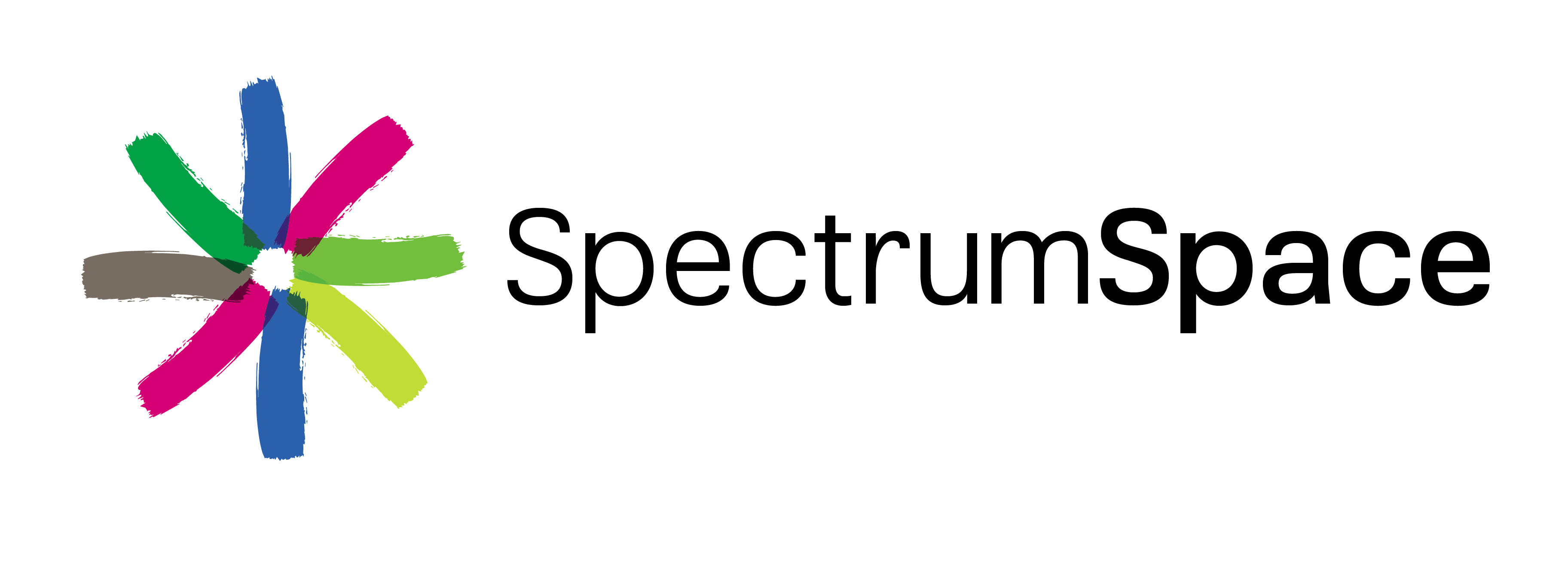Speakers
Our strength is understanding the local WA community needs while opening up opportunities for engagement with the wider Australian Autistic network. Feedback provided by past attendees has informed our speaker and topic selection; we are excited to welcome back some familiar faces by popular request and welcome first-time Symposium speakers as well. These are the speakers confirmed so far, with more to be announced in the coming weeks.
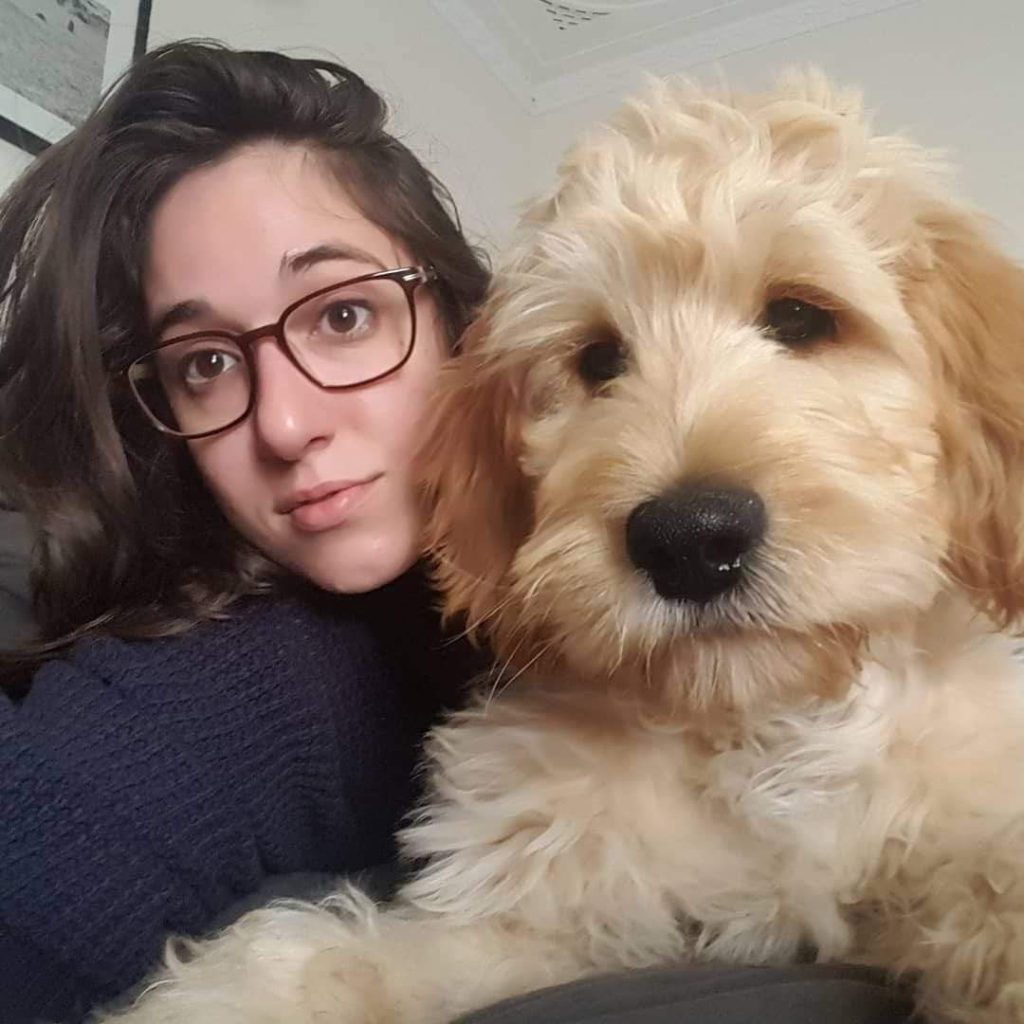
Ana Palacios
Ana Palacios
Coming Soon.
Coming Soon
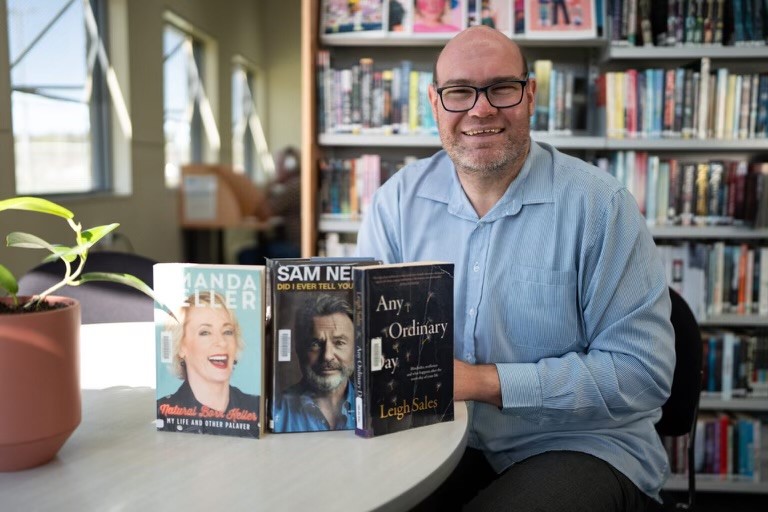
Andrew Radford
Andrew Radford
Andrew is a proud intellectually disabled autistic man who has presented in Singapore at APAC in 2019. He has also supported the Special Olympics and was selected to meet the Royal Family. Andrew is passionate about advocating for accessibility and challenging public perception about intellectual disability. Recently Andrew was selected to be part of ABC TV series called The Assembly and was mentored by one of Australia’s most renowned interviewers, Leigh Sales, where he learnt how to interview well known Australian personalities including Prime Minister Anthony Albanese.
Presented by Andrew Radford and Leigh Sales
When Andrew Radford was selected to be part of the ABC TV series ‘The Assembly’, his mentor was one of Australia’s most renowned interviewers, Leigh Sales. During the series Andrew gained valuable experience in interview techniques and methods. In this live online session, Andrew will be in front of the Symposium audience as he turns the tables on Leigh over the airwaves in an interview with a difference. As in The Assembly, no questions are off limits, so who knows what to expect?!
Presented by Andrew Radford and Tammy McGowan
Andrew and Tammy will present on the intersection of autism, intellectual disabilities, and learning disabilities, offering insight into their personal experiences as adults living with these co-occurring conditions. Through their stories, they will explore the complexities of navigating life with these disabilities, shedding light on both the challenges and the strategies that have empowered them. As passionate advocates for inclusion, they will emphasize the importance of representation, accessibility, and self-determination.
With a firm belief that every autistic individual has the right to make informed choices, Andrew and Tammy seek to inspire a deeper understanding of how we can create more inclusive environments where all individuals can thrive and live fulfilling lives.
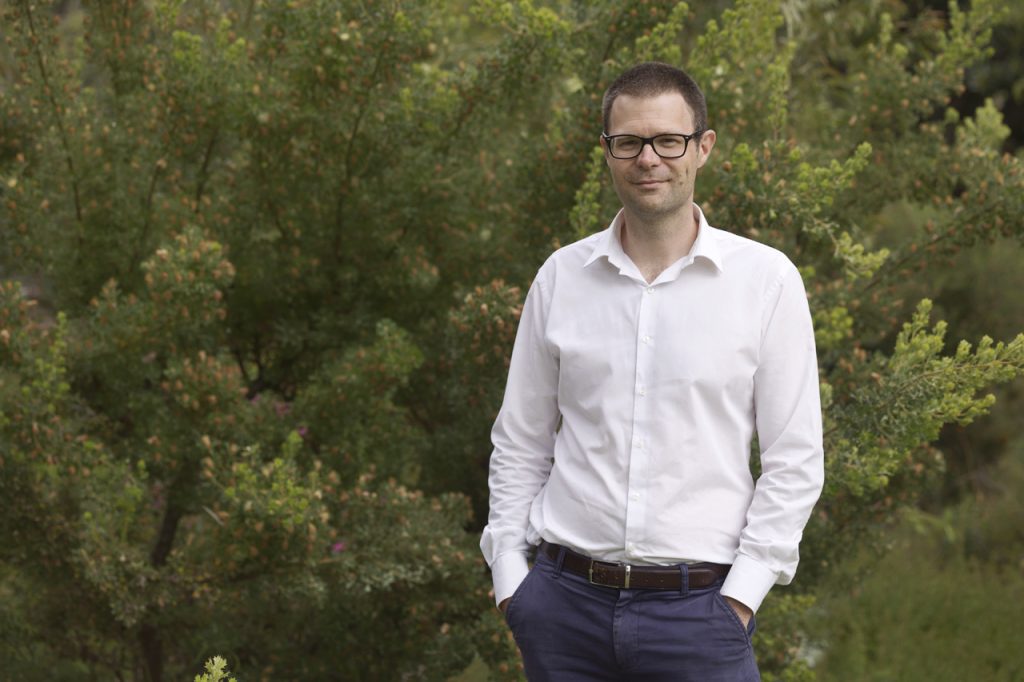
Andrew Whitehouse
Andrew Whitehouse
Professor Andrew Whitehouse is the Angela Wright Bennett Professor of Autism Research, the Director of CliniKids and Deputy Director (Research) at the The Kids Research Institute Australia. He is also Research Strategy Director of the Cooperative Research Centre for Living with Autism (Autism CRC). Prior to coming to The Kids Research Institute, Andrew was a Junior Research Fellow at the University of Oxford.
At The Kids, he leads a network of clinical centres (called CliniKids) for children with neurodevelopmental differences that embeds clinical trials within everyday community practice. Andrew has published over 300 peer-reviewed journal articles and attracted over $80 million in competitive research grants. He currently presents an internationally syndicated video series called ’60 Second Science”, which has had over 2 million views. He is an advisor to State and Commonwealth Governments on policies relating to children with Autism Spectrum Conditions. He chaired the committee that generated Australia’s first national guideline for autism diagnosis, and co-chaired the committee that developed Australia’s first national guideline for early therapies and supports for autistic children.
Andrew has published one edited book with his twin-brother (Ben), and a popular science book that examined the science behind some of the myths of pregnancy and child development (Will Mozart Make My Baby Smart?). He has also been awarded a Eureka Prize for his research, and is the youngest person ever elected to Fellowship of the Australian Academy of Health and Medical Sciences. In 2023, he was a Western Australian of the Year award winner.
Education and disability in 2025 – the great promises of a system in transition.
Every child has a right to a high-quality education, which provides a ladder for children to develop their talents, pursue their aspirations, and lead fulfilling and meaningful lives. However, a large number of enquiries have found that students on the autism spectrum are at increased risk of not receiving these benefits of high-quality education. National changes in the disability landscape are likely to put even greater focus on schools as the hub of local communities, and thus the hub of support and meaningful change for children living with disability. In this presentation, Andrew Whitehouse will discuss the promises and pitfalls of this new horizon, and outline how our education system can make this transition while keeping kids and families front of mind.
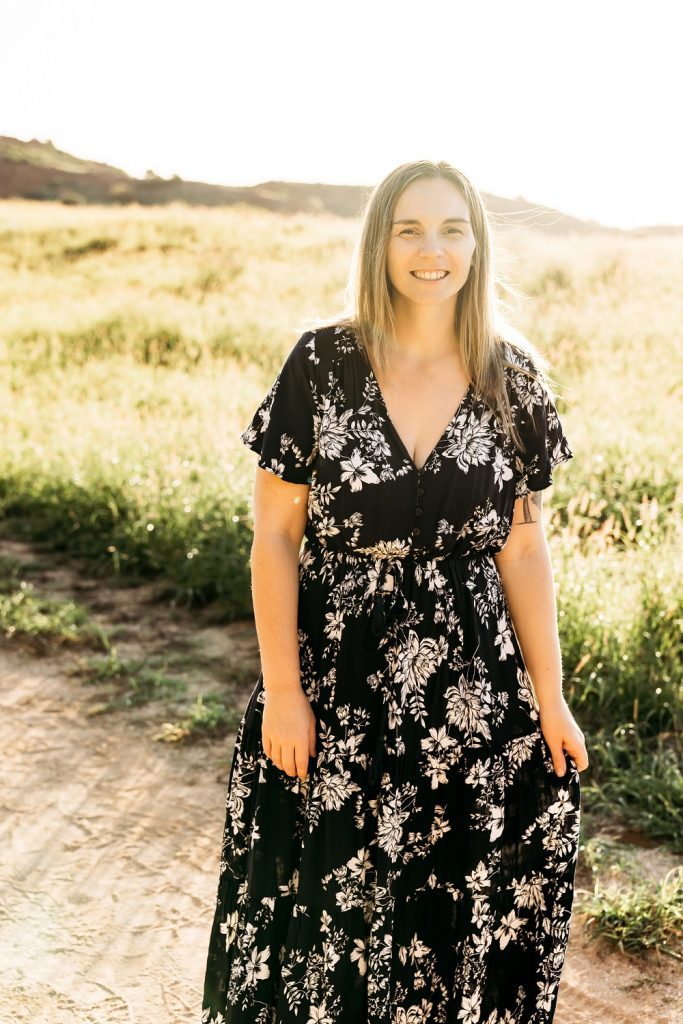
Carol Hegan
Carol Hegan
Carol Hegan is a neurodivergent developmental educator, with over a decade of experience working alongside neurodiverse families.
With a background as a neuro-affirming therapist and inclusion consultant, Carol has dedicated her career to fostering positive self-identities in neurodivergent children. She possesses a special interest in aiding those who have faced childhood trauma, helping them understand themselves and thrive.
For Carol it’s not just professional—it’s deeply personal. As a mother to three neurodivergent children, she understands the unique challenges and immense joys that come with parenting through a neurodivergent lens. Her firsthand experiences have shaped her work, reinforcing the importance of creating environments that celebrate individual differences and foster a sense of belonging.
Carol’s mission is to empower families, ensuring every child feels valued and understood. Her approach emphasises the necessity of neuro-affirming support in every facet of a child’s life, from education to home life.
Join Carol as she shares invaluable insights and practical advice on parenting neurodivergent children with a neuro-affirming lens, drawing from both her professional expertise and personal experiences.
Raising Neurodivergent Children with a Neuroaffirming Lens
Navigating the world of neurodivergence as a parent or caregiver can be both challenging and rewarding. This presentation, “Raising Neurodivergent Children with a Neuroaffirming Lens,” is designed to equip you with the knowledge, skills, and strategies needed to support and celebrate your neurodivergent child. By the end of this presentation, you will have a deeper understanding of the neurodiversity model of disability, practical tools for creating an inclusive home environment, and the confidence to approach parenting using neuro-affirming principles.
This presentation is ideal for parents and caregivers who are dedicated to raising neurodivergent children with compassion, understanding, and a commitment to neuroaffirming practices. Whether you are just beginning your journey or looking to deepen your knowledge and skills, this course offers valuable insights and practical strategies to help you support your child’s unique developmental path.
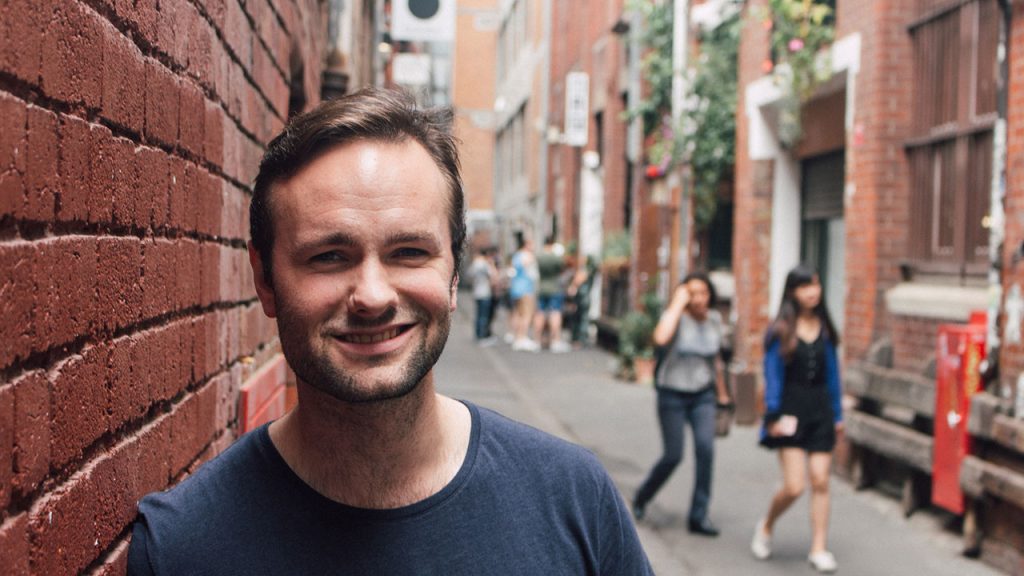
Chris Varney
Chris Varney
Chris is an Autistic law graduate and a pioneer of Autistic-led service provision in Australia. He has a background in children’s rights and youth programs, having been 2009 Australian Youth Representative to the UN and World Vision Australia’s Manager of Youth.
Chris founded I CAN Network in 2013 and as Chief Enabling Officer has grown it into Australia’s largest Autistic-led organisation with over 70 Autistic staff and 2,000+ young people in the program nationally.
Chris was a 2018 Victorian Australian of the Year Finalist and recipient of the 2017 Supreme Court of Victoria’s Best Achievement in Human Rights Award. He also serves as National Patron of the Australian Association for Special Education and is the Chairperson of the Victorian Disability Advisory Council. Chris married his wife Karen in 2019 and is a proud father to son, George.
The History & Mission of I CAN
Chris Varney, Founder/CEO of I CAN Network, will be delivering a highly engaging, interactive PD on “History and Mission of I CAN” that shares insights from the set-up of I CAN, the world’s largest Autistic-led group mentoring program.
In this session, he will draw upon his own Autistic lived experience as well as insights gleaned from personally mentoring hundreds of Autistic young people in Victoria over the past decade and working closely with their families and schools.
Themes to be explored and related practical tips include: creating a sense of safety for Autistic learners and their families (including working with young people and/or parents who might be in a negative headspace); helping students see their own strengths and leverage their passions; reducing anxiety and overwhelm for Autistic learners; recognising young people who might be masking; fostering self-advocacy; supporting executive functioning challenges; and understanding the different ways in which Autistic people might socialise, communicate and process the world. Participants will have the opportunity to share some of their own experiences and successes, ask questions and will be given an array of neuro-affirming, practical resources to support their work with Autistic and other Neurodivergent students and adults.
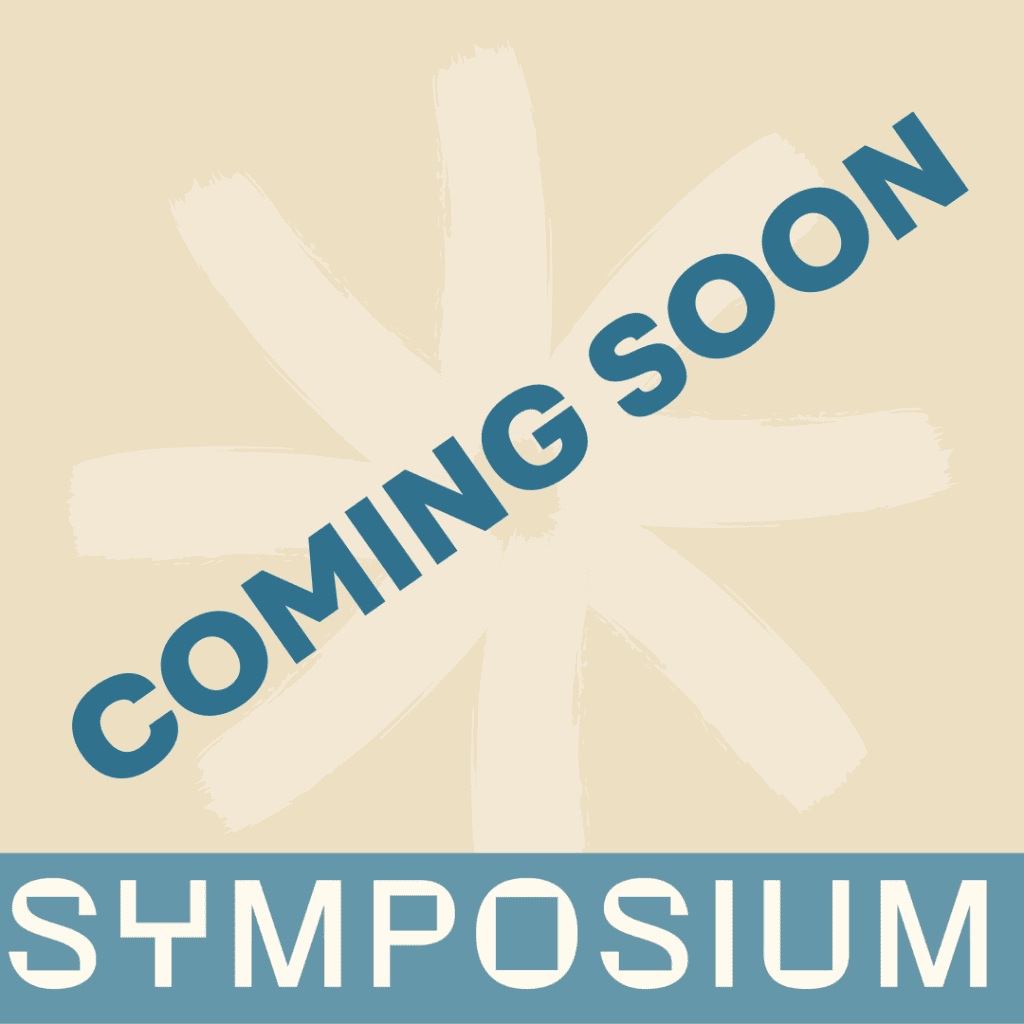
Clare Gibellini
Clare Gibellini
Coming Soon.
An Update on the National Autism Strategy
Coming Soon
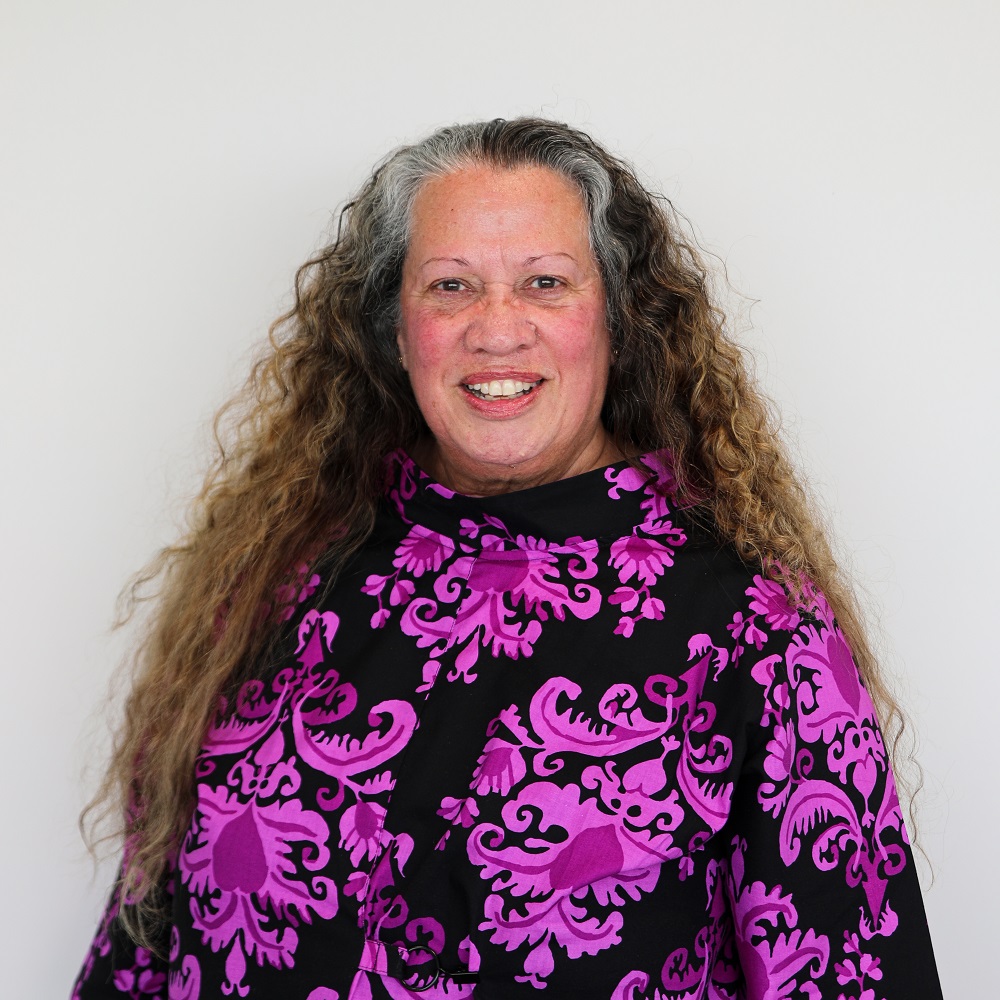
Colleen Hayward
Emeritus Professor Colleen Hayward AM
Colleen Hayward is a senior Noongar woman with extensive family links throughout the south-west of WA. She comes from a teaching family with her father having been the first Aboriginal teacher, and Principal, in WA.
For more than 35 years, Colleen has provided significant input to policies and programs on a wide range of issues, reflecting the needs of minority groups at community, state and national levels. She has an extensive background in a range of areas including health, education, training, employment, housing, child protection and law & justice as well as significant experience in policy and management.
Among her many achievements, she has been recognised for her long-standing work for and on behalf of Aboriginal and Torres Strait Islander communities across Australia by winning the 2008 National NAIDOC Aboriginal Person of the Year Award. Colleen is also a recipient (2006) of the Premier of WA’s prestigious Multicultural Ambassador’s Award for advancing human rights and anti-racism in the community and is the 2009 inductee into the WA Department of Education’s Hall of Fame for Achievement in Aboriginal Education.
In 2012, Colleen was inducted into the Western Australian Women’s Hall of Fame and was recognised as a Member in the General Division of the Order of Australia.
In 2015, Colleen was a finalist in the Australian of the Year (Western Australia) Awards. 2015 also saw Colleen awarded one of Murdoch University’s Distinguished Alumni for her work in the areas of Equity and Social Justice. She was named as one of WA’s 100 most influential West Australians in both 2015 and 2016 and in WA Business News’ Power 500 in 2023 and 2024.
Although now retired from her position as Pro-Vice-Chancellor of Equity & Indigenous issues at Edith Cowan University, Colleen remains active and involved through her membership of a range of boards and advisory committees including the Fremantle Dockers Board and in 2022 was named as one of WA’s 50 most powerful people in WA football. Colleen’s 2023 appointment to the Board of Mineral Resources Ltd positioned her as the only Aboriginal woman on the board of any ASX50 company.
Welcome to Country
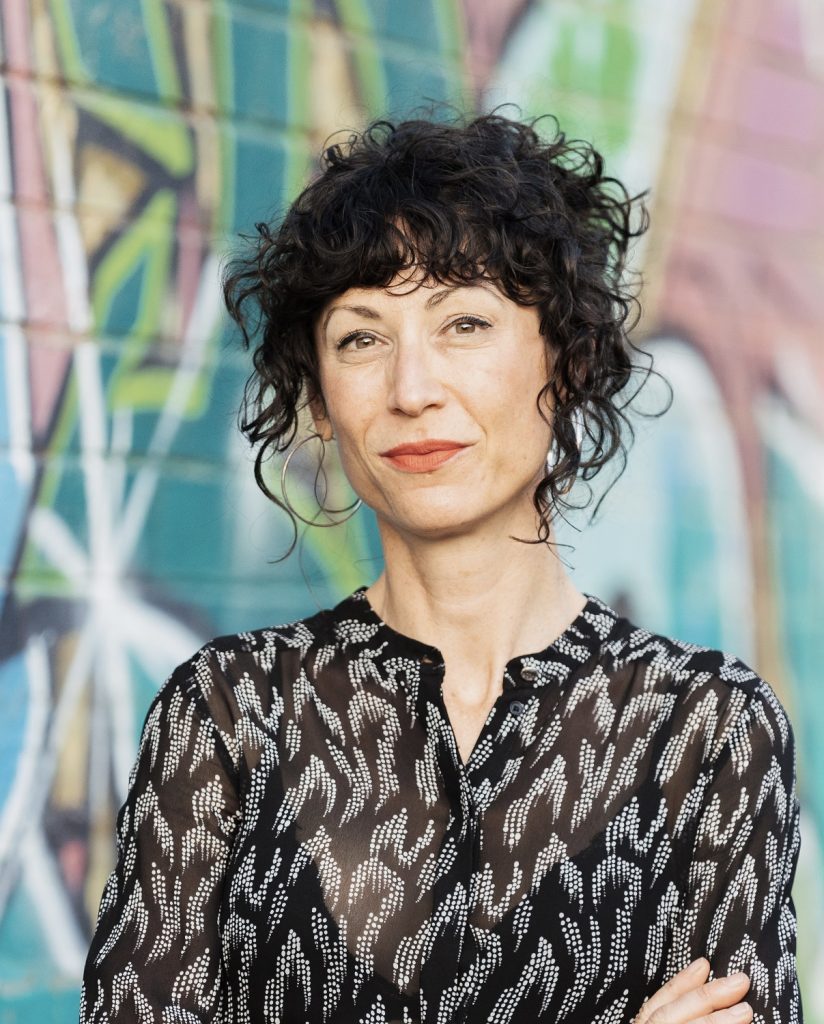
Emily Brewin
Emily Brewin
Emily Brewin is a former secondary school teacher and the current Learning designer / Content producer at Autism CRC. Emily is a published author with a background in journalism, learning design, and community development. She’s passionate about helping create an educational landscape that’s equitable and engaging for all students no matter who they are, where they come from, or what they bring to the table.
Creating inclusive classrooms: Supporting and engaging diverse learners
Presented by Emily Brewin, Dr. Emma Goodall and Dr. Matt Capp
Every student, including autistic students, has unique strengths, needs, and learning preferences. Inclusive education focuses on removing barriers and enabling diverse ways for students to express themselves and showcase their learning, fostering a truly inclusive environment. Drawing on the Universal Design for Learning (UDL) and the Australian Curriculum, these complementary sessions will explore simple, practical strategies educators can apply directly in the classroom to ensure equitable access to learning. By embracing diverse teaching approaches, schools can create inclusive environments that nurture creativity, problem-solving, and deeper understanding for all students.
The first session will explore how teachers can ensure they cater to a diverse classroom by applying UDL within the Explicit Instruction Model. UDL involves rigorously (accurately) using the Australian Curriculum and thinking about the strengths and barriers to learning (functional impacts) for all students within a classroom. Teachers then implement strategies that support all learners to overcome their barriers to the learning process. During this session, participants will explore how to ensure they rigorously use the Australian Curriculum and practically embed the UDL framework into their planning.
The second interactive session will introduce teachers to Autism CRC’s inclusionED website — a professional learning platform and resource for teachers and school leaders. Participants will engage with real-life case studies and apply some of inclusionED’s 60+ evidence-based teaching practices, focusing on using multiple means of representation, engagement, and expression in the classroom.
Presented by autistic and experienced classroom teachers, participants will leave the session with practical, take-away tools that can be directly implemented in their classrooms and across schools to create learning environments that benefit everyone.
This session is ideal for school leaders, teachers, and anyone interested in exploring strategies to foster and promote inclusive education in primary and secondary schools.
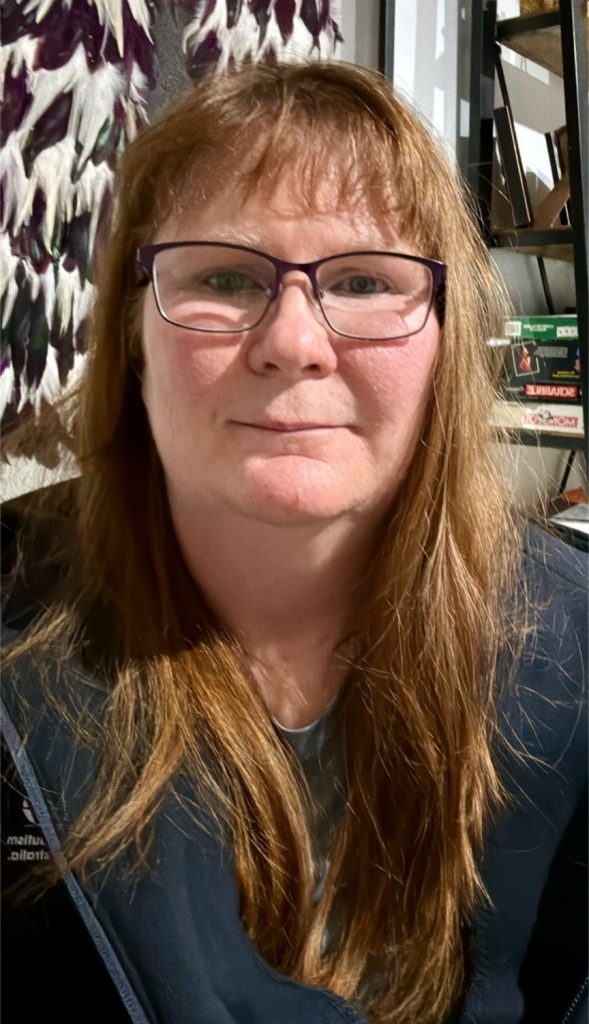
Emma Goodall
Emma Goodall
Dr Emma Goodall has worked extensively in the areas of autism, education, research and public policy and teacher training across Australia, New Zealand, the UK and mainland Europe. Emma is an autistic researcher, public speaker, author, educator and parent of an autistic adult.
Emma has a passion for using translation research to support policy and practice across the lifespan and a particular passion for the use of interoception strategies to support emotional wellbeing. Previously, Emma has written healthy relationships and sex education curricula for the federal government and Catholic Ed NSW. Emma is also a life coach and embodied intimacy and relationships coach.
This session is recommended for Autistic adults only and, contains explicit material.
Dr Goodall will share information about how to navigate sex in ways that are safe, sane and consensual, avoiding some of the peer pressure and pornographic depictions to learn what you find pleasurable and desirable. This session is for autistic adults only and contains explicit material to equip participants with practical skills and a solid understanding of what is and is not safe. Using real life examples and resources from a range of Australian and American relationship coaches, Emma will share pitfalls and issues and how to avoid them and improve your enjoyment within sex.
This session is recommended for parents & carers and, contains explicit material.
Dr Goodall will share information about how to navigate sex in ways that are safe, sane and consensual, avoiding some of the peer pressure and pornographic depictions to learn what you find pleasurable and desirable. This session is for autistic adults only and contains explicit material to equip participants with practical skills and a solid understanding of what is and is not safe. Using real life examples and resources from a range of Australian and American relationship coaches, Emma will share pitfalls and issues and how to avoid them and improve your enjoyment within sex.
Presented by Emily Brewin, Dr. Emma Goodall and Dr. Matt Capp
Every student, including autistic students, has unique strengths, needs, and learning preferences. Inclusive education focuses on removing barriers and enabling diverse ways for students to express themselves and showcase their learning, fostering a truly inclusive environment. Drawing on the Universal Design for Learning (UDL) and the Australian Curriculum, these complementary sessions will explore simple, practical strategies educators can apply directly in the classroom to ensure equitable access to learning. By embracing diverse teaching approaches, schools can create inclusive environments that nurture creativity, problem-solving, and deeper understanding for all students.
The first session will explore how teachers can ensure they cater to a diverse classroom by applying UDL within the Explicit Instruction Model. UDL involves rigorously (accurately) using the Australian Curriculum and thinking about the strengths and barriers to learning (functional impacts) for all students within a classroom. Teachers then implement strategies that support all learners to overcome their barriers to the learning process. During this session, participants will explore how to ensure they rigorously use the Australian Curriculum and practically embed the UDL framework into their planning.
The second interactive session will introduce teachers to Autism CRC’s inclusionED website — a professional learning platform and resource for teachers and school leaders. Participants will engage with real-life case studies and apply some of inclusionED’s 60+ evidence-based teaching practices, focusing on using multiple means of representation, engagement, and expression in the classroom.
Presented by autistic and experienced classroom teachers, participants will leave the session with practical, take-away tools that can be directly implemented in their classrooms and across schools to create learning environments that benefit everyone.
This session is ideal for school leaders, teachers, and anyone interested in exploring strategies to foster and promote inclusive education in primary and secondary schools.
Presented by Prof. Sonya Girdler, Lilly-Anne Burns and Dr. Emma Goodall
Join our speakers as they explore innovative ways to incorporate autism inclusion and education into classrooms.
With research that underpins practical, real-world strategies, Professor Sonya Girdler from the Curtin Autism Research Group will discuss GOOD PRACTICE GUIDANCE FOR SCHOOLS, focusing on social skills, enabling autistic students to participate during breaktimes, and establishing inclusive school environments. Sonya will present research conducted in Western Australia and around the world, focusing on practical ideas for supporting the inclusion of autistic students. She will be joined by Lilly-Anne Burns, a past KONTAKT participant, who will present on her lived experience of the program.
We will also hear from Dr Emma Goodall on how poor interoception, ‘the feeling of knowing what is happening in your body’, can present with what typically is viewed as challenging behaviour. Emma discusses practical strategies to understand how stress and distress impacts on behaviour and the link with interoception. Simple activities to teach interoception, which over time lead to self-regulation, will be demonstrated so delegates can implement these in the classroom. Delegates will also learn how to use three easy interoception activities and plan how to support children, young people and adults to manage their emotions, feelings and behaviour.
This session is supported by the Stan Perron Charitable Foundation.

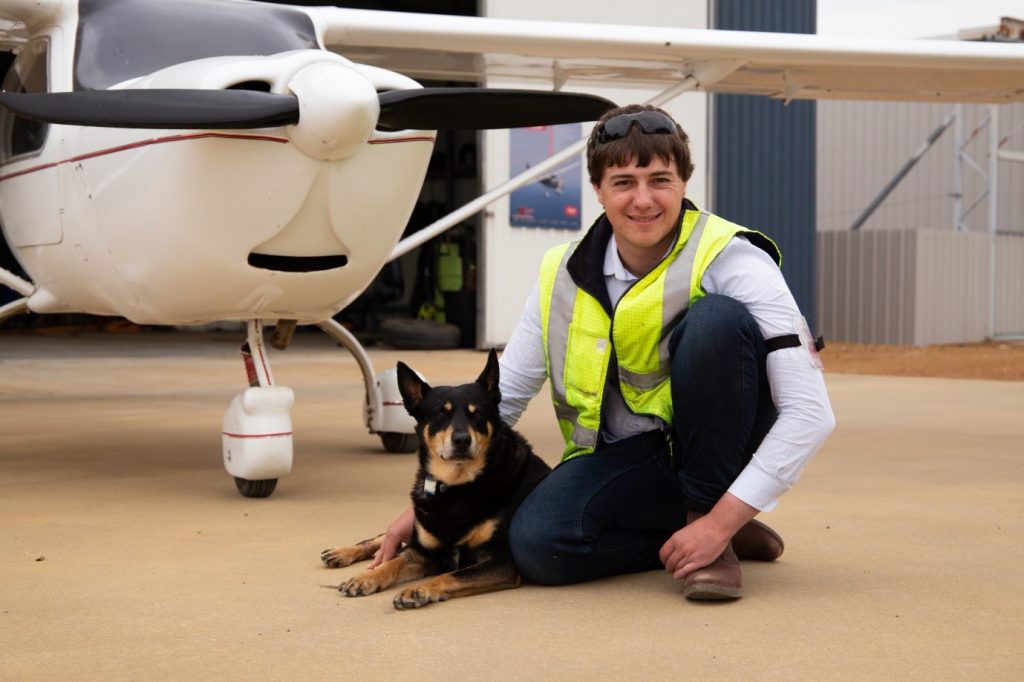
Hayden McDonald
Hayden McDonald
Hayden McDonald lives in Esperance, is autistic and a pilot. In February 2023, Hayden was as a winner of the ABC Trailblazers program which inspires young people aged 18-28 who are dedicated to making regional Australia even better and help them expand their projects.
Hayden’s Wings Without Barriers YouTube channel combines his passion for aviation and showcases his solo circumnavigation of regional Australia, promoting real inclusion for people on the spectrum. The goal of Wings Without Barriers is to create understanding and acceptance through education, and create pathways for autistic pilots.
Hayden McDonald’s solo circumnavigation flight around regional Australia is complete and now the storytelling begins!
Aviation has been a part of Hayden’s life ever since he was young, so much so he wanted to fly for the Royal Flying Doctor Service on the very last day of high school. When his medical was denied from the Civil Aviation Safety Authority (CASA), he took it upon himself to make Australia’s AVMED system more inclusive, flexible and modern, through social media, YouTube and a solo circumnavigation of Australia in a Jabiru 7315.
Hayden stands for a more neurodiverse-friendly future with true inclusion in mind, that causes real change in the community, is autistic friendly and provides a safe environment for the autistic community so their voices can be heard. Join Hayden as he recounts his successful solo flight and how the aviation industry could be more open to autistic pilots.
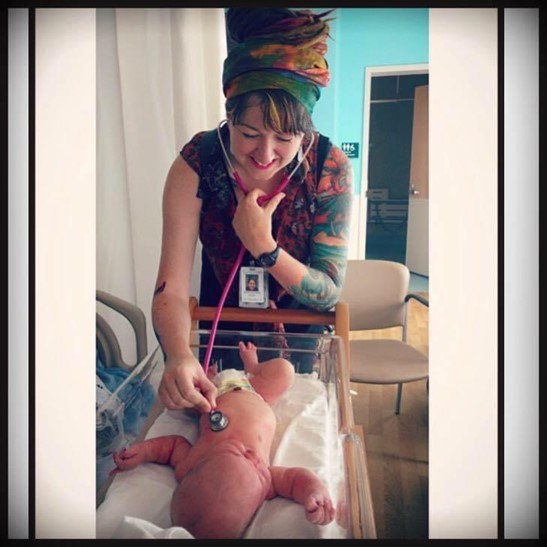
Jata Elliott
Jata Elliott
Jata (Kate) is an endorsed Midwife and PhD researcher deeply committed to inclusive and intersectional sexual and reproductive health. Her work centres on the perinatal care experiences of neurodivergent individuals, particularly those with ADHD and Autism. As an AuDHDer herself, Jata is passionate about the importance of neurodivergent research being conducted by neurodivergent people, recognising the critical role that lived experience plays in fostering truly inclusive and affirming care environments.
She has recently published a systematic review, which she looks forward to sharing at the conference. Jata is also excited to co-design future research with the neurodivergent community to further improve the inclusivity of perinatal care services.
With a diverse background in midwifery clinical practice, education, and research across the UK, Canada, and Australia, Jata brings extensive experience working in rural and remote communities, including the Torres Strait Islands, Alice Springs, Broome, and beyond. Her candid approach to sharing her lived experiences serves as both inspiration and empowerment for others.
As a settler/immigrant to Australia, Jata now lives in Perth, WA, on the unceded land of the Whadjuk Noongar people.
Sensory adaptations for autistic folk during pregnancy and birth
Presented by Jata Elliot (she/they) and Sarah Harrower (she)
Autistic people often go into pregnancy and birth unaware of how their neurotype may affect their experience, both within the medical system and in their own transition to parenthood. This presentation will aim to provide easy to understand, practical information for autistic people who are planning to become parents or are pregnant themselves to prepare for an autism friendly experience. This presentation will also educate any health or medical professionals providing perinatal support. We will share a brief overview of the recent scientific literature, sensory accommodations and communication tools for pregnancy and birth.
Our intention is for this information to support and enhance the secure attachment and deep bond between autistic parents and their babies. This presentation will draw from evidence-based practise – that is; combining research, clinical experience, and lived experience.
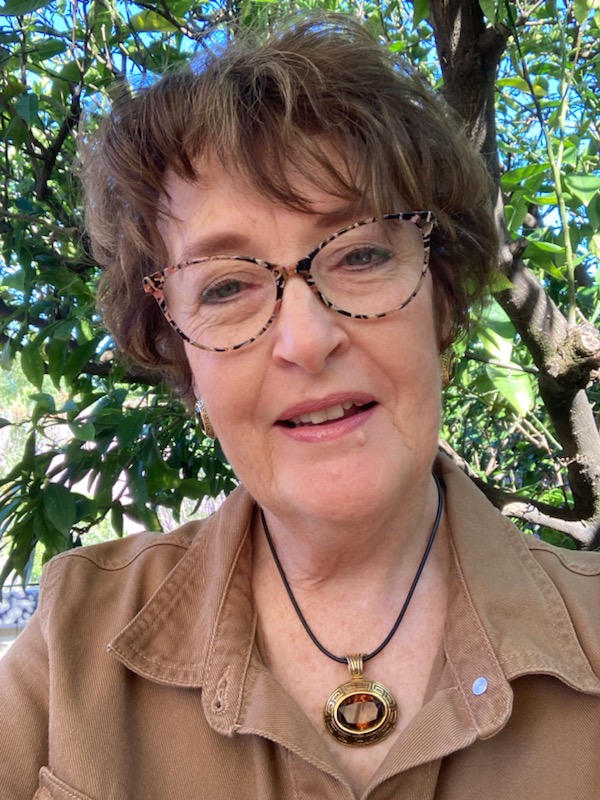
Kathryn Andrew
Kathryn Andrew
With a diagnosis of autism and ADHD and experience in secondary teaching, radio, ordained ministry and art therapy, Kathryn is now a passionate storyteller and writer, who is on a mission to communicate the breadth of autistic experience to a neurotypical audience.
Through the mechanism of story, Kathryn has shared the negative impact of growing up undiagnosed, and how, as a mother of 2 now adult children on the autism spectrum, this affected her life’s journey and decisions.
With her lived experience of disabling Panic Disorder, Kathryn is particularly interested in the intersection of autism, ADHD and anxiety. She shares the watershed moment of her late autism diagnosis in her recent eBook, “Burnt Toast and Bitter Marmalade. My Life as a Failure.”
Kathryn has a very edgy sense of humour and is always on a mission to make people laugh and see the silly side of life. Her life is a mystery, even to her! She loves crafting, music, and her dog Killer, is terrified of technology and is fascinated by the breadth and complexity of human experience.
If ever you want to shift the tectonic plates that undergird your existence, an Autism diagnosis in your 7th decade will do it.
Born into an era when only boys were diagnosed with Autism, Burnt Toast and Bitter Marmalade: My Life as Failure, recounts the life and watershed moments of one woman’s journey to Autistic self-discovery.
Against the backdrop of a lifetime of so-called failure and vicarious attempts to uncover the aetiology of her differences, Kathryn illuminates the equally catastrophic and liberating juncture that shifted her from neurotypical ‘oughtism’ to a diagnosis of Autism.
Conceived as the atonement child, Kathryn recounts the crippling and calamitous unhappiness of her early days and her later adult attempts to hide a multitude of sins and circumstances behind a flawless façade.
Forced to observe in childhood, rather than participate, Kathryn began storing a veritable vault of intelligence on human interaction that would later enable her to command, crusade and conquer in the neurotypical world.
However, this façade proved both finite and fatal, as when fired in the crucible of her entirely Autistic family she reached a point where the mechanics of her life could no longer manually be wound and had no idea who lay behind the persona she had painstakingly created. Kathryn takes you on a raw, heartfelt and comical journey of tragedy and triumph, whimsy and wailing as she recounts her desperate escape from candied deception to her true self. Her Autistic self.
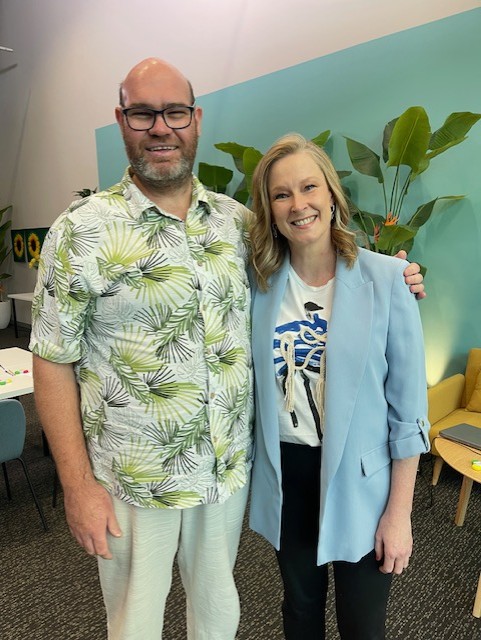
Leigh Sales
Leigh Sales
Leigh Sales AM is one of Australia’s most high-profile and respected journalists and has been the anchor of Australian Story since 2023. Previously, she was at the helm of 7.30 for 12 years. She was awarded an Order of Australia in 2019 for her services to journalism.
She has interviewed every living Australian Prime Minister, innumerable world leaders and celebrities including Hillary Clinton, Boris Johnson, David Cameron, Benjamin Netanyahu, the Dalai Lama, Aung San Suu Kyi, Paul McCartney, Elton John, Harrison Ford, Salman Rushdie, Margaret Atwood and many more.
From 2008-2010, Leigh anchored the ABC’s prestigious Lateline program and before that was the ABC’s National Security Correspondent. From 2001 to 2006, she was the network’s Washington Correspondent, covering stories including the aftermath of September 11, the wars in Afghanistan and Iraq, the 2004 Presidential election and Hurricane Katrina. She grew up in Brisbane and started her reporting career in Queensland in 1993 with Channel Nine.
She has three Walkley awards, Australia’s highest journalism honour, for radio current affairs reporting, broadcast interviewing and for her best-selling 2018 book, Any Ordinary Day. She is the author of four other books, Storytellers (2023), Detainee 002: the Case of David Hicks (2007), On Doubt (2009) and Well, Hello (2021), co-written with journalist Annabel Crabb. Leigh’s writing has appeared in numerous publications including The Australian, The Sydney Morning Herald, The Spectator, The Monthly and The Australian Literary Review.
With Annabel Crabb, Leigh co-hosts a popular podcast called Chat 10 Looks 3 about TV, movies, books and music. It has hundreds of thousands of subscribers and won two categories at the 2019 Australian podcast awards.
Turning the Spotlight: An Exclusive Interview with Leigh Sales
Presented by Andrew Radford and Leigh Sales
When Andrew Radford was selected to be part of the ABC TV series ‘The Assembly’, his mentor was one of Australia’s most renowned interviewers, Leigh Sales. During the series Andrew gained valuable experience in interview techniques and methods. In this live online session, Andrew will be in front of the Symposium audience as he turns the tables on Leigh over the airwaves in an interview with a difference. As in The Assembly, no questions are off limits, so who knows what to expect?!
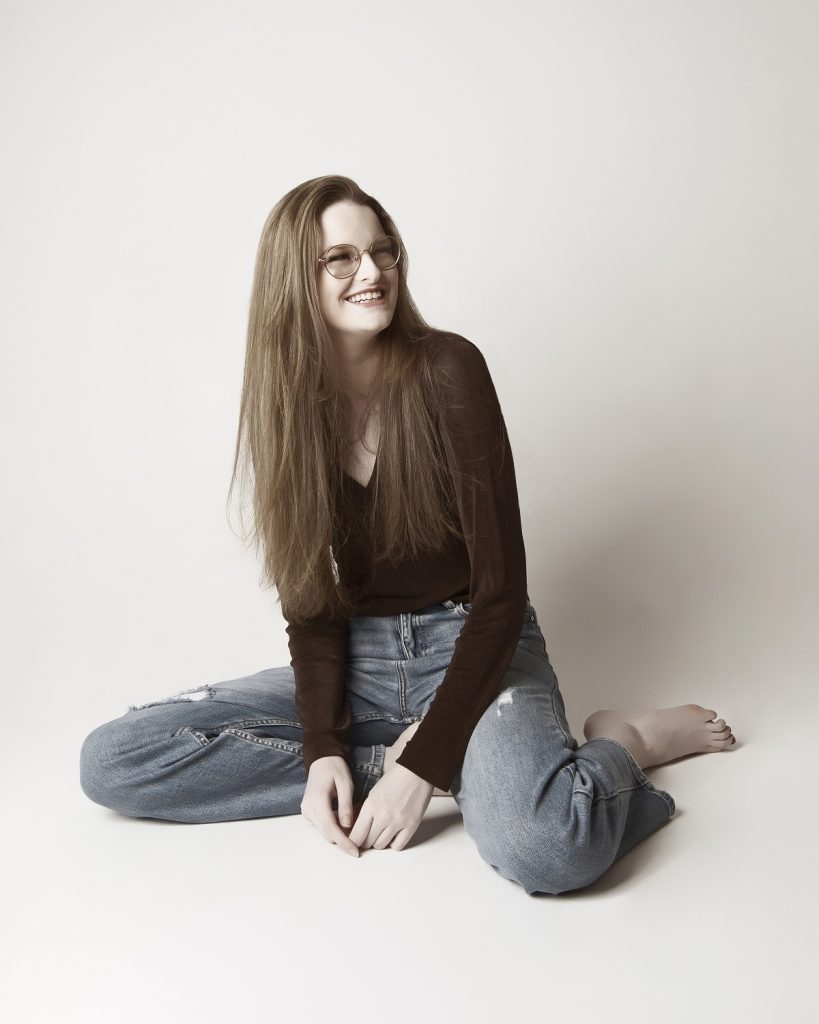
Lilly-Anne Burns
Lilly-Anne Burns
Lilly-Anne Burns is currently in her second year as a student at Curtin University studying a double degree in law and psychology. She was one of the participants in one of the first groups of autistic teenagers to go through the KONTAKT program in Australia and has stated that she doesn’t believe she would have been able to achieve as much as she has if she hadn’t had that opportunity. She will present on her lived experience with autism and how the KONTAKT program impacted her journey as a neurodivergent teen.
Strategies for Supporting Autistic Students
Presented by Prof. Sonya Girdler, Lilly-Anne Burns and Dr. Emma Goodall
Join our speakers as they explore innovative ways to incorporate autism inclusion and education into classrooms.
With research that underpins practical, real-world strategies, Professor Sonya Girdler from the Curtin Autism Research Group will discuss GOOD PRACTICE GUIDANCE FOR SCHOOLS, focusing on social skills, enabling autistic students to participate during breaktimes, and establishing inclusive school environments. Sonya will present research conducted in Western Australia and around the world, focusing on practical ideas for supporting the inclusion of autistic students. She will be joined by Lilly-Anne Burns, a past KONTAKT participant, who will present on her lived experience of the program.
We will also hear from Dr Emma Goodall on how poor interoception, ‘the feeling of knowing what is happening in your body’, can present with what typically is viewed as challenging behaviour. Emma discusses practical strategies to understand how stress and distress impacts on behaviour and the link with interoception. Simple activities to teach interoception, which over time lead to self-regulation, will be demonstrated so delegates can implement these in the classroom. Delegates will also learn how to use three easy interoception activities and plan how to support children, young people and adults to manage their emotions, feelings and behaviour.
This session is supported by the Stan Perron Charitable Foundation.

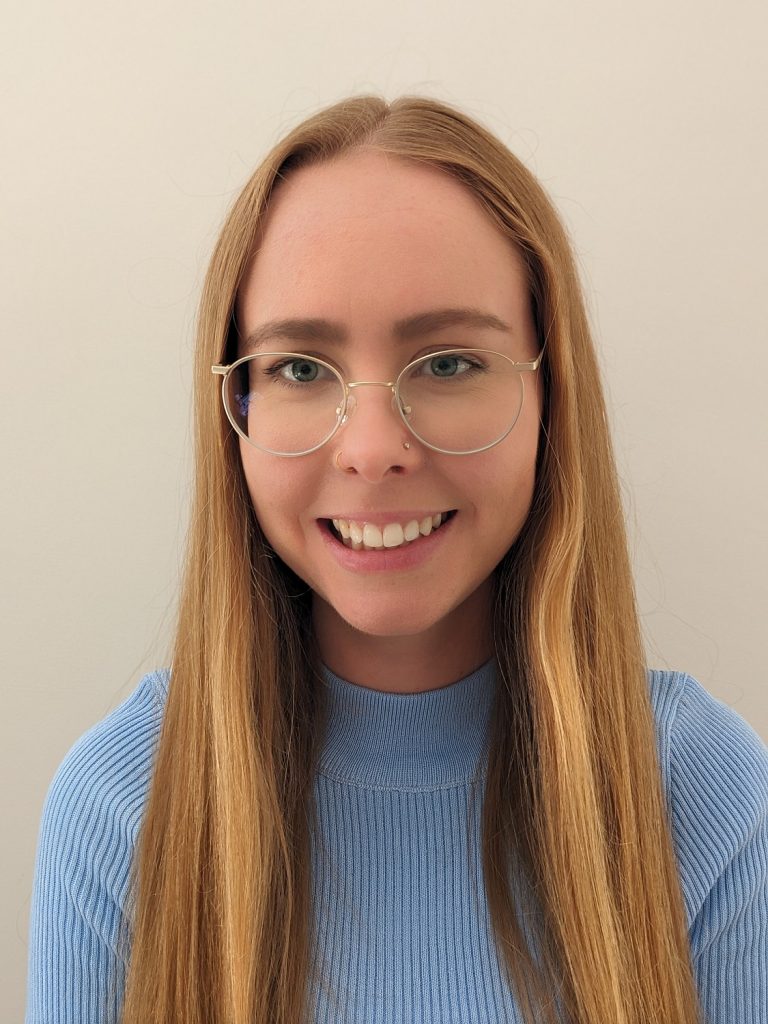
Liz Baird
Liz Baird
Liz Baird is an autistic speech pathologist, working predominately with autistic youth and young adults. She is advocate for the neurodiversity movement and is passionate about translating neurodiversity-affirming practice into practical steps for health professionals. Liz is an active member of both autistic and therapy communities, and provides education and training aiming to bridge the gap between lived-experience and professional knowledge.
Taking a big-picture look at therapy goals
Presented by Liz Baird and Marnie Williams
Traditional therapy often focuses on teaching autistic individuals’ specific skills, assuming that this fosters independent participation, the desired ‘end goal’. However, this approach may yield limited long-term benefits for many autistic individuals.
Join two autistic health professionals in exploring a more personalised and comprehensive approach to setting and supporting allied health goals. Examples of social skills, independence, and academic participation goals will be examined, along with various impacting factors such as physical health, burnout prevention, anxiety management, self-confidence, self-identity, and environmental influences.
We will reflect on the ways in which goals can profoundly impact autistic individuals and their families when considering broader measures of well-being and quality of life. This presentation aims to provide practical tips for shifting focus from teaching a list of skills to making holistic and meaningful change. This presentation is suitable for autistic individuals, parents, health professionals, educators – or any combination of these!
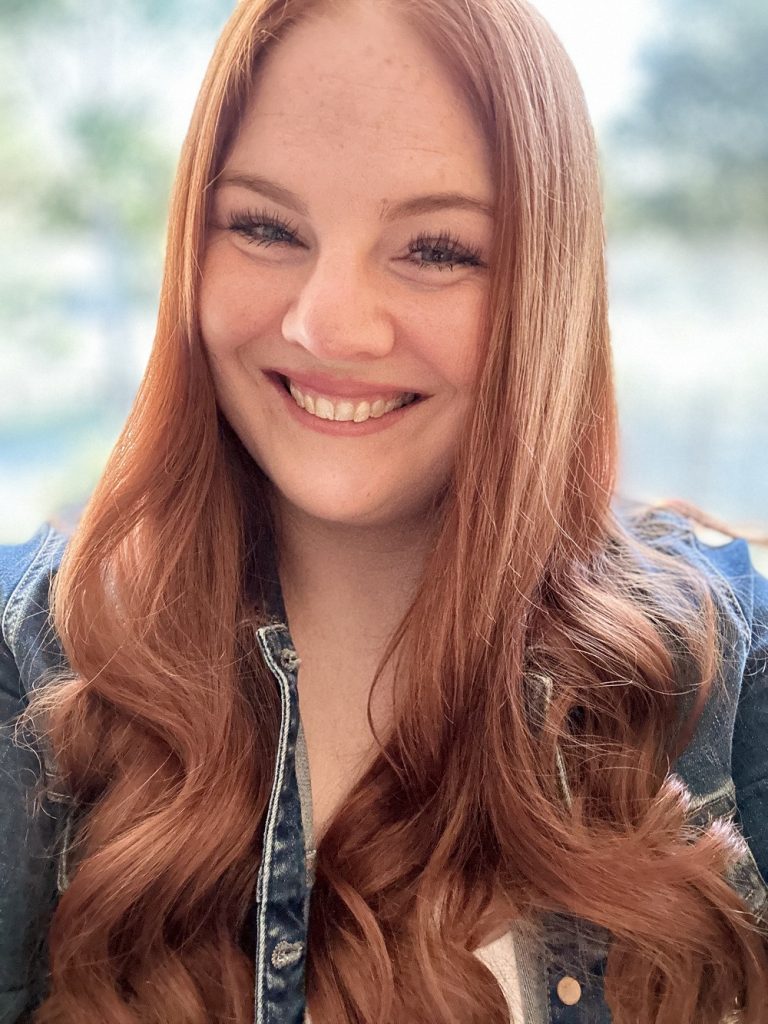
Marnie Williams
Marnie Williams
Marnie is an AuDHDer and occupational therapist, specialising in supporting neurodivergent individuals across the lifespan with a particular interest in working with PDAers. Passionate about the neurodiversity movement, Marnie uses both lived and learnt experiences to create a felt sense of safety in sessions. By employing low-demand, person-led approaches, Marnie tailors strategies to each individual’s unique needs and interests. By weaving these principles into goal setting, Marnie collaborates with individuals and families to develop approaches that accommodate diverse ways of processing and interacting with the world, fostering meaningful and achievable outcomes.
Taking a big-picture look at therapy goals
Presented by Liz Baird and Marnie Williams
Traditional therapy often focuses on teaching autistic individuals’ specific skills, assuming that this fosters independent participation, the desired ‘end goal’. However, this approach may yield limited long-term benefits for many autistic individuals.
Join two autistic health professionals in exploring a more personalised and comprehensive approach to setting and supporting allied health goals. Examples of social skills, independence, and academic participation goals will be examined, along with various impacting factors such as physical health, burnout prevention, anxiety management, self-confidence, self-identity, and environmental influences.
We will reflect on the ways in which goals can profoundly impact autistic individuals and their families when considering broader measures of well-being and quality of life. This presentation aims to provide practical tips for shifting focus from teaching a list of skills to making holistic and meaningful change. This presentation is suitable for autistic individuals, parents, health professionals, educators – or any combination of these!
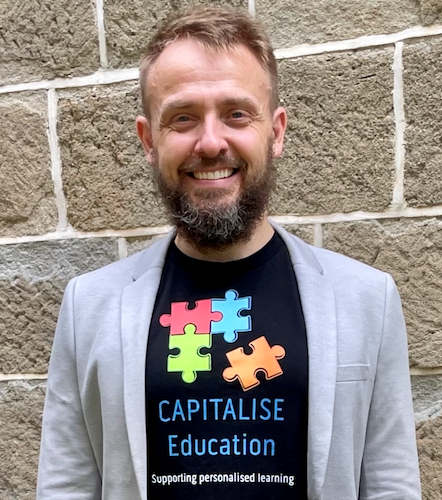
Matt Capp
Matt Capp
Dr Matt Capp (EdD) is the Director of CAPITALISE Education and one of the world’s leading experts in the areas of Universal Design for Learning. He has over 22 years of experience in primary and secondary schools, as well as universities, supporting students with disability and diverse learning needs. He is also a man on the autism spectrum, who suffers from Post Traumatic Stress Disorder, and brings his lived experience and knowledge to providing personalised learning for all learners, both adults and children.
Creating inclusive classrooms: Supporting and engaging diverse learners
Presented by Emily Brewin, Dr. Emma Goodall and Dr. Matt Capp
Every student, including autistic students, has unique strengths, needs, and learning preferences. Inclusive education focuses on removing barriers and enabling diverse ways for students to express themselves and showcase their learning, fostering a truly inclusive environment. Drawing on the Universal Design for Learning (UDL) and the Australian Curriculum, these complementary sessions will explore simple, practical strategies educators can apply directly in the classroom to ensure equitable access to learning. By embracing diverse teaching approaches, schools can create inclusive environments that nurture creativity, problem-solving, and deeper understanding for all students.
The first session will explore how teachers can ensure they cater to a diverse classroom by applying UDL within the Explicit Instruction Model. UDL involves rigorously (accurately) using the Australian Curriculum and thinking about the strengths and barriers to learning (functional impacts) for all students within a classroom. Teachers then implement strategies that support all learners to overcome their barriers to the learning process. During this session, participants will explore how to ensure they rigorously use the Australian Curriculum and practically embed the UDL framework into their planning.
The second interactive session will introduce teachers to Autism CRC’s inclusionED website — a professional learning platform and resource for teachers and school leaders. Participants will engage with real-life case studies and apply some of inclusionED’s 60+ evidence-based teaching practices, focusing on using multiple means of representation, engagement, and expression in the classroom.
Presented by autistic and experienced classroom teachers, participants will leave the session with practical, take-away tools that can be directly implemented in their classrooms and across schools to create learning environments that benefit everyone.
This session is ideal for school leaders, teachers, and anyone interested in exploring strategies to foster and promote inclusive education in primary and secondary schools.
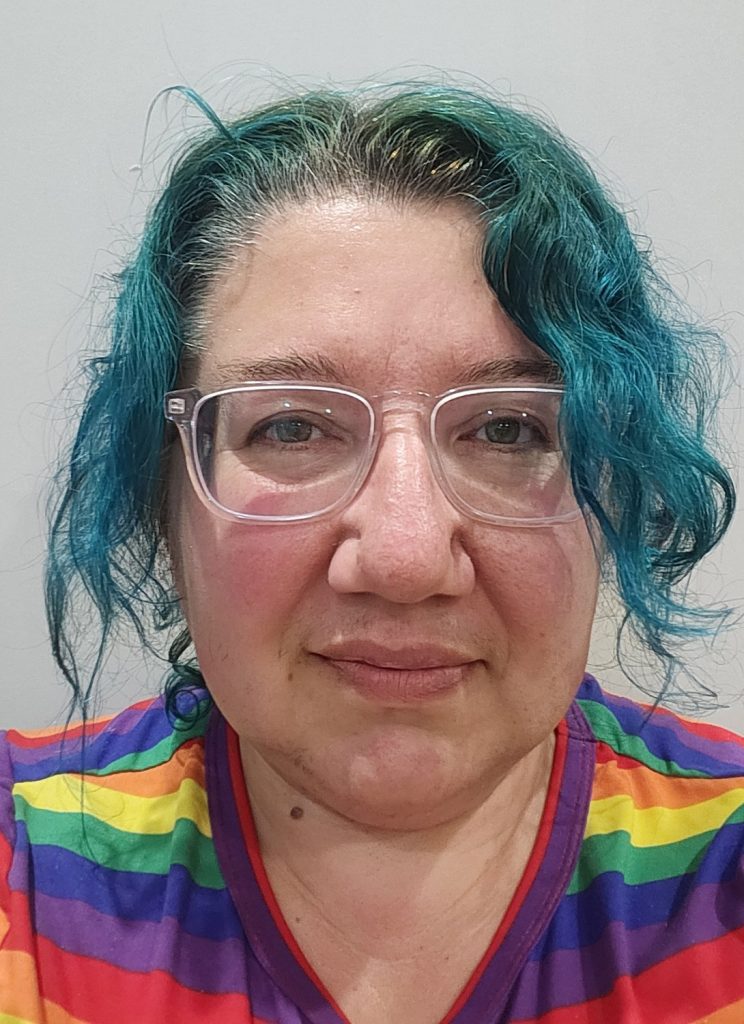
Melanie Martinelli
Melanie Martinelli
Melanie Martinelli is an autistic autism consultant, researcher, educator, and the director of The Little Black Duck. Her work focuses on promoting autistic wellbeing, encouraging individuals to embrace their autistic identity, and supporting authentic self-expression in everyday life.
With a Master’s degree in Autism Studies, Melanie draws on autistic-led research, lived experience, and community voices to inform her approach. She advocates for neuroaffirming practices, working to shift away from deficit-based narratives and towards a deeper understanding of autistic ways of being.
Melanie’s passion lies in fostering environments where autistic people feel empowered to lean into their true selves, challenging stereotypes and paving the way for future generations to grow up feeling seen, heard, and valued for who they are.
In this session, Melanie will explore how monotropic processing (a dominant feature of autistic thinking) and natural flow states can be incorporated into therapeutic practice in a way that respects and build upon autistic individuals’ natural cognitive preferences. Drawing on current neuroscience and psychological research, we will discuss the principles underlying monotropic processing and flow states and how these can inform personalised, effective therapeutic strategies.
Melanie will present case studies from our program, demonstrating how tailored interventions can help autistic individuals achieve a state of flow—characterised by deep engagement and optimal performance—by aligning therapeutic activities with their monotropic interests and the information that needs to be processed at the time. Attendees will gain practical insights that honour autistic cognition, fostering both engagement and well-being in their clients.
This session aims to shift the narrative from managing perceived deficits to celebrating and utilising the strengths inherent in autistic processing styles, offering a fresh perspective on neurodiversity-affirming therapeutic practices.
Autistic catatonia is a significantly under-recognised aspect of autistic neurological profiles, affecting up to 20% of the autistic population, yet it remains poorly understood by many clinicians. Early recognition, support, and intervention are critical, as untreated catatonia can severely impact an individual’s quality of life, leading to long-term disability.
While most clinicians are aware of the more overt manifestations of catatonia, such as those linked with schizophrenia and Parkinson’s disease, autistic catatonia is distinct in its aetiology and expression. It is a hereditary aspect of autism, with mild symptoms often presenting in early childhood. It is closely tied to the nervous system and often triggered by extreme states of distress or in times of developmental or life transitions. This presentation is an assimilation of current research on autistic catatonia, integrating lived experiences to highlight the unique characteristics and developmental process.
Attendees will gain insights into the early warning signs, common triggers, and effective strategies to minimise the impact of catatonic episodes. Furthermore, I will introduce approaches that prioritise compassionate, individualised care, aiming to empower autistic people, clinicians, and caregivers to better support those affected.
This session will challenge current perceptions and advocate for greater awareness and understanding of this critical yet overlooked aspect of autistic being.
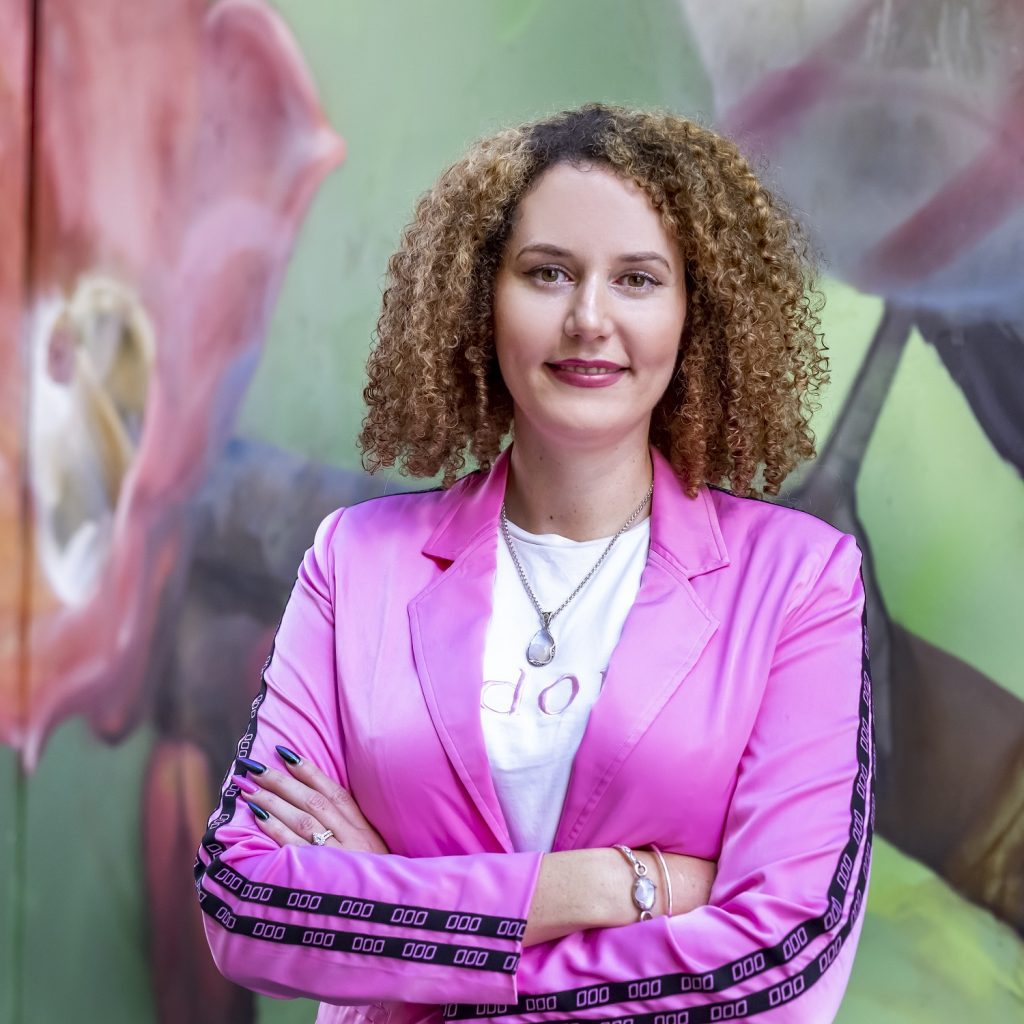
Monique Mitchelson
Monique Mitchelson
Monique is an Autistic and ADHD’er Clinical Psychologist working in private practice in Brisbane Australia. She does training, has consulted on the National Autism Strategy and has co-authored ‘The Neurodivergence Skills Workbook for Autism and ADHD’ (2024) by New Harbinger which is a no. 1 bestseller. Monique has an interest in Autism and ADHD particularly in women and girls, and co-occurring chronic pain/illness, and trauma. Monique also co-hosts The Neurodivergent Woman Podcast with Clinical Neuropsychologist Dr Michelle Livock which share free clinical and lived experience information on Neurodivergence in Girls and Women for professionals, neurodivergent people and their loved ones. The podcast has over 1.5 million downloads and is in the top 1% of podcasts on Spotify.
Join Clinical Psychologist Monique Mitchelson on an exploration of co-occurring Autism and ADHD, commonly known as AuDHD. Autism and ADHD have only been able to be diagnosed together since 2013 when the updated diagnostic manual (DSM-V) was released. Our understanding of Autistic people who are also ADHD’ers is still expanding, with limited research and clinical guidelines taking this combination of neurotype into account. Monique will outline the research, strategies, support needs and lived experience of what it is like being an AuDHD’er, with both the strengths and conflicting needs of Autism and ADHD together.
Join Clinical Psychologist Monique Mitchelson for a discussion on the link between Autism and Pre-Menstrual Dysphoric Disorder (PMDD). PMDD is a physiological and hormonal based condition that is more common in Autistic girls, women and those assigned female at birth (AFAB) but is not well known and often goes unrecognised. When undiagnosed and untreated, PMDD can contribute to serious mental and physical health symptoms that are cyclical and it is important that health and mental health professionals, as well as Autistic people and their families, partners and support systems are aware of PMDD. Monique will outline what is PMDD, our current understanding of the cause of PMDD, the diagnosis process, the importance of multi-disciplinary support, treatment and strategies to manage this condition.
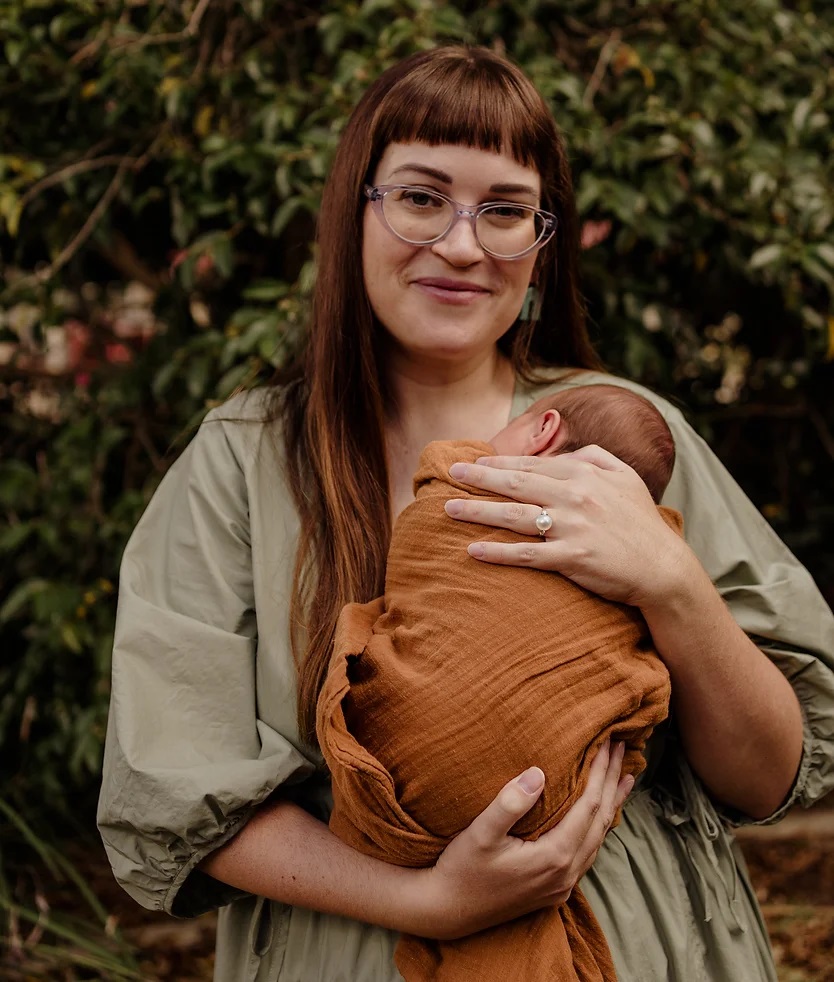
Sarah Harrower
Sarah Harrower
Sarah Harrower (she/her) is a neurodivergent perinatal psychologist (AuDHD+) who has two children and is deep in the throws of parenthood herself. She was late diagnosed like many parents, and realised her neurotype when the demands of being a working parent during a pandemic completely overwhelmed her capacity. Her practice is rooted in deep compassion, with a gentle yet direct communication style. Sarah provides therapy and assessment to parents and parents-to-be in Mount Nasura or online. Her areas of special interest include Autism and ADHD in motherhood, as well as healing birth trauma. When she is not working she enjoys resting as much as possible with two young children!
Sensory adaptations for autistic folk during pregnancy and birth
Presented by Jata Elliot (she/they) and Sarah Harrower (she)
Autistic people often go into pregnancy and birth unaware of how their neurotype may affect their experience, both within the medical system and in their own transition to parenthood. This presentation will aim to provide easy to understand, practical information for autistic people who are planning to become parents or are pregnant themselves to prepare for an autism friendly experience. This presentation will also educate any health or medical professionals providing perinatal support. We will share a brief overview of the recent scientific literature, sensory accommodations and communication tools for pregnancy and birth.
Our intention is for this information to support and enhance the secure attachment and deep bond between autistic parents and their babies. This presentation will draw from evidence-based practise – that is; combining research, clinical experience, and lived experience.
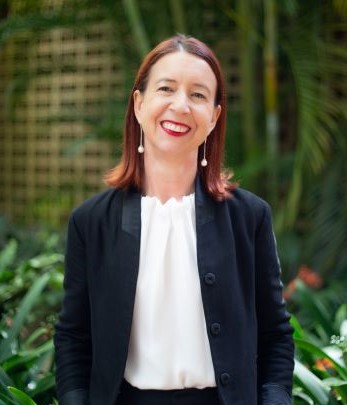
Sonya Girdler
Sonya Girdler
Sonya Girdler is a Professor of Occupational Therapy and Director of the Curtin Autism Research Group at Curtin University, in Perth, Western Australia. She is a member of the Australian National Autism Co-operative Research Centre and affiliated with the Center of Neurodevelopmental Disorders at Karolinska Institutet (KIND) in Sweden. Sonya has extensive experience in the field of autism research. She is particularly interested in enabling the participation of autistic individuals in education and employment, and the development, evaluation and translation into practice of evidence-based interventions (particularly those focussing on social skills, strengths-based approaches, peer mentoring and mental health). Sonya has published over 150 publications and supervised 17 PhD students to completion on these topics. Sonya is passionate about co-producing research with her autistic colleagues and interdisciplinary research, believing that ‘magic happens’ when neurodivergent individuals share their ideas and talents. In 2022 Sonya was the joint winner of the Western Australian Premier’s Science Awards for the Chevron Science Engagement Initiative of the Year; and, in 2023 the International Gold Winner of the Access, Diversity and Inclusion Award for Empowering Neurodiverse Adolescents, Awarded by Quacquarelli Symonds (QS) Reimagine Education Awards.
Strategies for Supporting Autistic Students
Presented by Prof. Sonya Girdler, Lilly-Anne Burns and Dr. Emma Goodall
Join our speakers as they explore innovative ways to incorporate autism inclusion and education into classrooms.
With research that underpins practical, real-world strategies, Professor Sonya Girdler from the Curtin Autism Research Group will discuss GOOD PRACTICE GUIDANCE FOR SCHOOLS, focusing on social skills, enabling autistic students to participate during breaktimes, and establishing inclusive school environments. Sonya will present research conducted in Western Australia and around the world, focusing on practical ideas for supporting the inclusion of autistic students. She will be joined by Lilly-Anne Burns, a past KONTAKT participant, who will present on her lived experience of the program.
We will also hear from Dr Emma Goodall on how poor interoception, ‘the feeling of knowing what is happening in your body’, can present with what typically is viewed as challenging behaviour. Emma discusses practical strategies to understand how stress and distress impacts on behaviour and the link with interoception. Simple activities to teach interoception, which over time lead to self-regulation, will be demonstrated so delegates can implement these in the classroom. Delegates will also learn how to use three easy interoception activities and plan how to support children, young people and adults to manage their emotions, feelings and behaviour.
This session is supported by the Stan Perron Charitable Foundation.

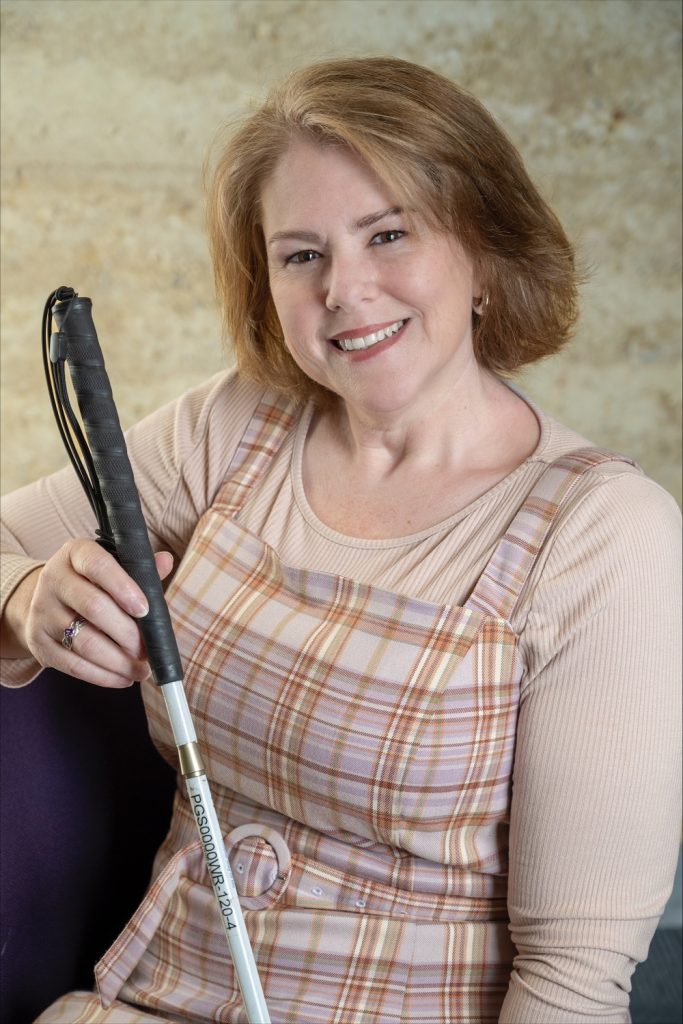
Tammy McGowan
Tammy McGowan
Tammy is an experienced trainer and disability consultant. Tammy participates in several disability advocacy groups and is a Board member for The Autistic Realm Australia (TARA). She is also autistic, an ADHD’er and Dyslexic with Auditory Processing Disorder, and multiple chronic health issues.
Representation and Self-Advocacy: Our Right To Be Heard
Presented by Andrew Radford and Tammy McGowan
Andrew and Tammy will present on the intersection of autism, intellectual disabilities, and learning disabilities, offering insight into their personal experiences as adults living with these co-occurring conditions. Through their stories, they will explore the complexities of navigating life with these disabilities, shedding light on both the challenges and the strategies that have empowered them. As passionate advocates for inclusion, they will emphasize the importance of representation, accessibility, and self-determination.
With a firm belief that every autistic individual has the right to make informed choices, Andrew and Tammy seek to inspire a deeper understanding of how we can create more inclusive environments where all individuals can thrive and live fulfilling lives.
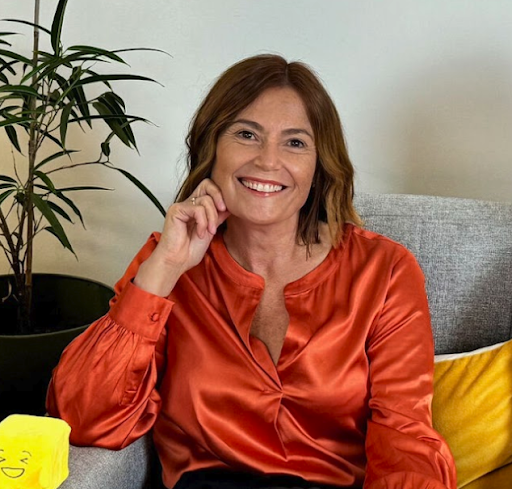
Theresa Kidd
Theresa Kidd
Dr Theresa Kidd is a clinical psychologist, research fellow and the clinical director of The Kidd Clinic, a private, national psychology group practice focused on Autism, ADHD, and mental health across the lifespan. Theresa is committed to helping neurodivergent individuals of all ages to minimise their challenges, harness their strengths and to achieve meaningful life goals. Drawing from her own experience of living within a neurodivergent family, Theresa is passionate about increasing family quality of life by assisting families to be as strong and healthy as possible.
With a passion for intervention research, Theresa embarked on a PhD which focused on using family-based cognitive behavioural therapy (CBT) to reduce anxiety in autistic adolescents. Concurrently, she co-developed and managed the Curtin University Specialist (peer) Mentoring Program to support autistic university students to successfully engage in tertiary settings. Following, she embarked on a post-doctoral research fellowship with Macquarie University where she coordinated a national trial to reduce anxiety and bullying victimisation in children.
In addition to her clinical and research work, and supervising other psychologists, she regularly presents to parents and professionals on Autism and co-occurring mental health problems, Pathological Demand Avoidance, and neurodiversity affirming practice. She has co-authored several articles and manuals related to Autism and has recently written a book, Helping Autistic Teens to Manage their Anxiety.
Au-dulting: Navigating the Transition into Adulthood with MAPS
For many young Autistic people, their families, and school staff, the transition to adulthood is a daunting one, marked by significant changes in available services. More than half of young Autistic adults are not successfully transitioning to adulthood in the first two years after high school. However, proper planning can ease this difficult transition and ensure that Autistic individuals build the skills and establish the support that will allow them to flourish in adulthood.
This important transition is best initiated by Year 9 or 10 of high school, depending on the young person’s developmental stage however it is never too early or late! While a collaborative process is ideal (e.g., involvement of school staff, the young person and family), training around this process can initially begin with parents.
The Mapping Autistic Pathways Successfully (MAPS) approach was developed after observing the transition challenges and needs post-high school for Autistic and PDA young people. It focuses on helping parents understand their child’s neurotype, strengths, interests, values, and utilise MAPS tools to maximise participation in high school, higher education, employment, and independent living for Autistic adolescents or young adults. To support the transition to adulthood, individualised approaches are the foundation of the MAPS approach, with the aim of building the foundations for a positive and meaningful adult life.
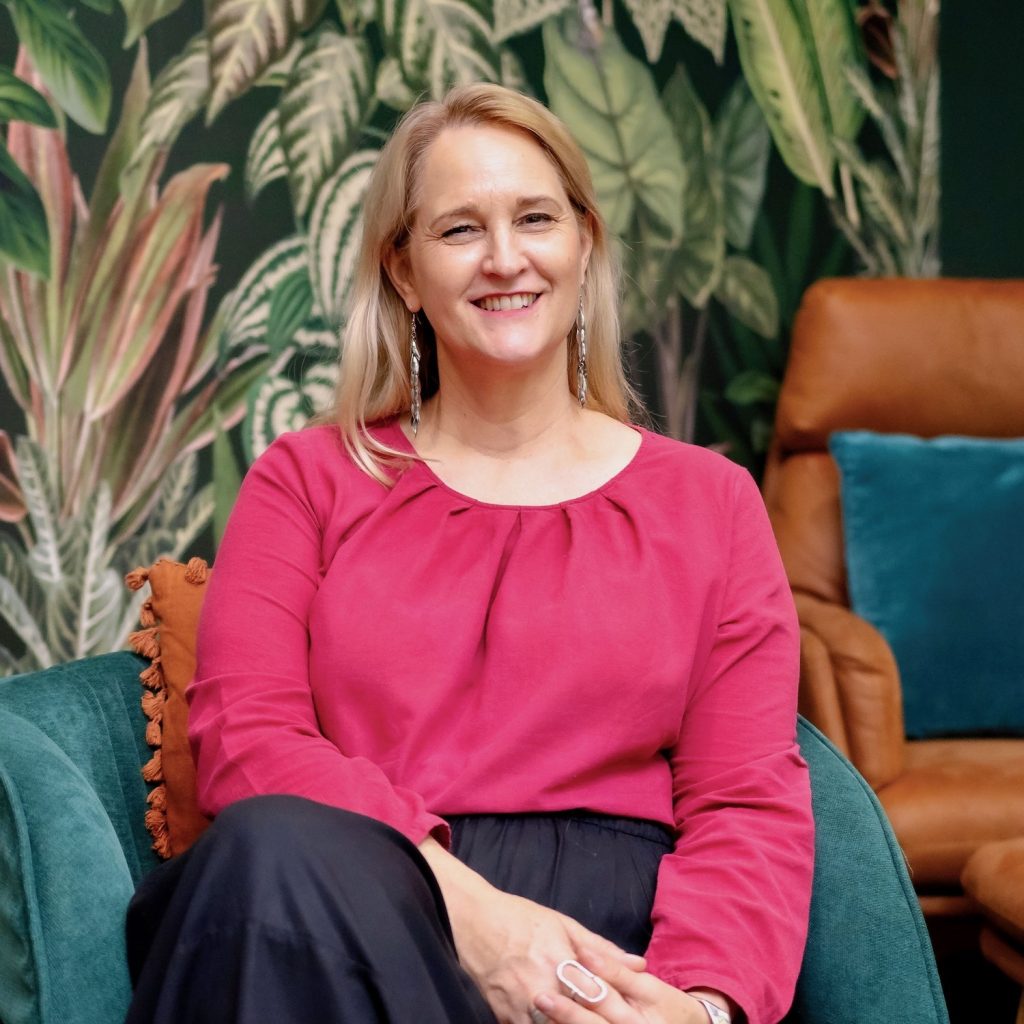
Yvonne Kilpatrick
Yvonne Kilpatrick
Yvonne is an AuDHDer, Psychologist, Co-owner and Director of Amherst Psychology, a group practice helping people of all ages live life fully through therapy, assessment, and coaching. Her practice has a dual focus on trauma and neurodivergence and a longstanding commitment to providing trauma responsive and neurodiversity affirming approaches to therapy, the physical space and team culture. Yvonne’s professional interests centre around alleviating parenting distress and trauma, particularly for neurodiverse families, and EMDR Therapy. She’s also passionate about providing professional development to the community, educators and businesses about mental health, trauma and neurodivergence.
Presented by Yvonne Kilpatrick and Zoë Parry
This presentation dives into the unique dynamics of neurodiverse relationships, where differences in emotional processing, sensory preferences, and communication styles shape the relationship landscape. Drawing on research and practical insights from our own neurodiverse relationships at home and work, we’ll explore common challenges, celebrate the benefits, and highlight the compounding impact of untreated trauma and misdiagnosis. Attendees will leave equipped with actionable tools and a deeper appreciation of how these relationships can redefine thriving in partnership.
The teenage years are full of exciting changes and growth and they can be a wild ride for parents! We’ll cover mental health issues commonly experienced by autistic adolescents with ideas for increasing your young person’s capacity and developing their strengths and interests. We’ll include suggestions for increasing their self-advocacy, helping them manage their emotions, and important mindset shifts for parents of teens.
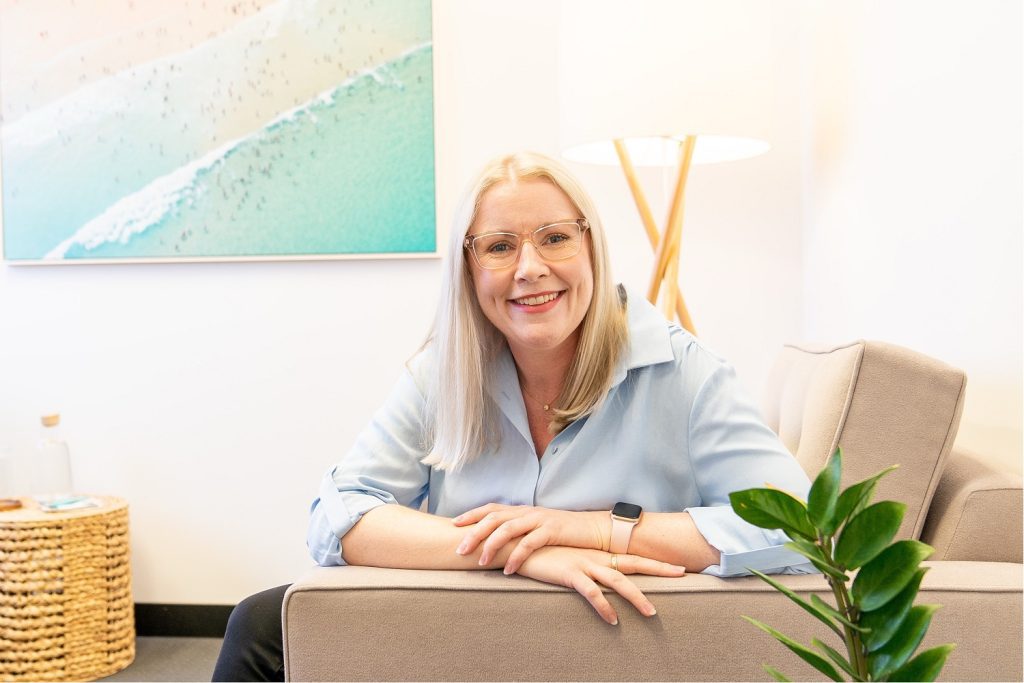
Zoë Parry
Zoë Parry
Zoë Parry is a Psychologist, and the Co-owner and Managing Director of Amherst Psychology, a group practice helping people of all ages live life fully through therapy, assessment, and coaching, with a dual focus on trauma responsive and neurodiversity affirming care. She leads a neurodiverse team of psychology and support superstars. Her professional interests include enriching neurodiverse / neurodisparate relationships and cultivating a workplace culture that enables each person to contribute their best, grow their skills, and make meaningful connections. Zoë’s interest in cross neurotype relationships evolved from being part of these in her family, business partnership, and workplace.
Good different: How neurodiverse relationships offer profound opportunities for connection and growth for intimate partners, family, friends, or colleagues
Presented by Yvonne Kilpatrick and Zoë Parry
This presentation dives into the unique dynamics of neurodiverse relationships, where differences in emotional processing, sensory preferences, and communication styles shape the relationship landscape. Drawing on research and practical insights from our own neurodiverse relationships at home and work, we’ll explore common challenges, celebrate the benefits, and highlight the compounding impact of untreated trauma and misdiagnosis. Attendees will leave equipped with actionable tools and a deeper appreciation of how these relationships can redefine thriving in partnership.

